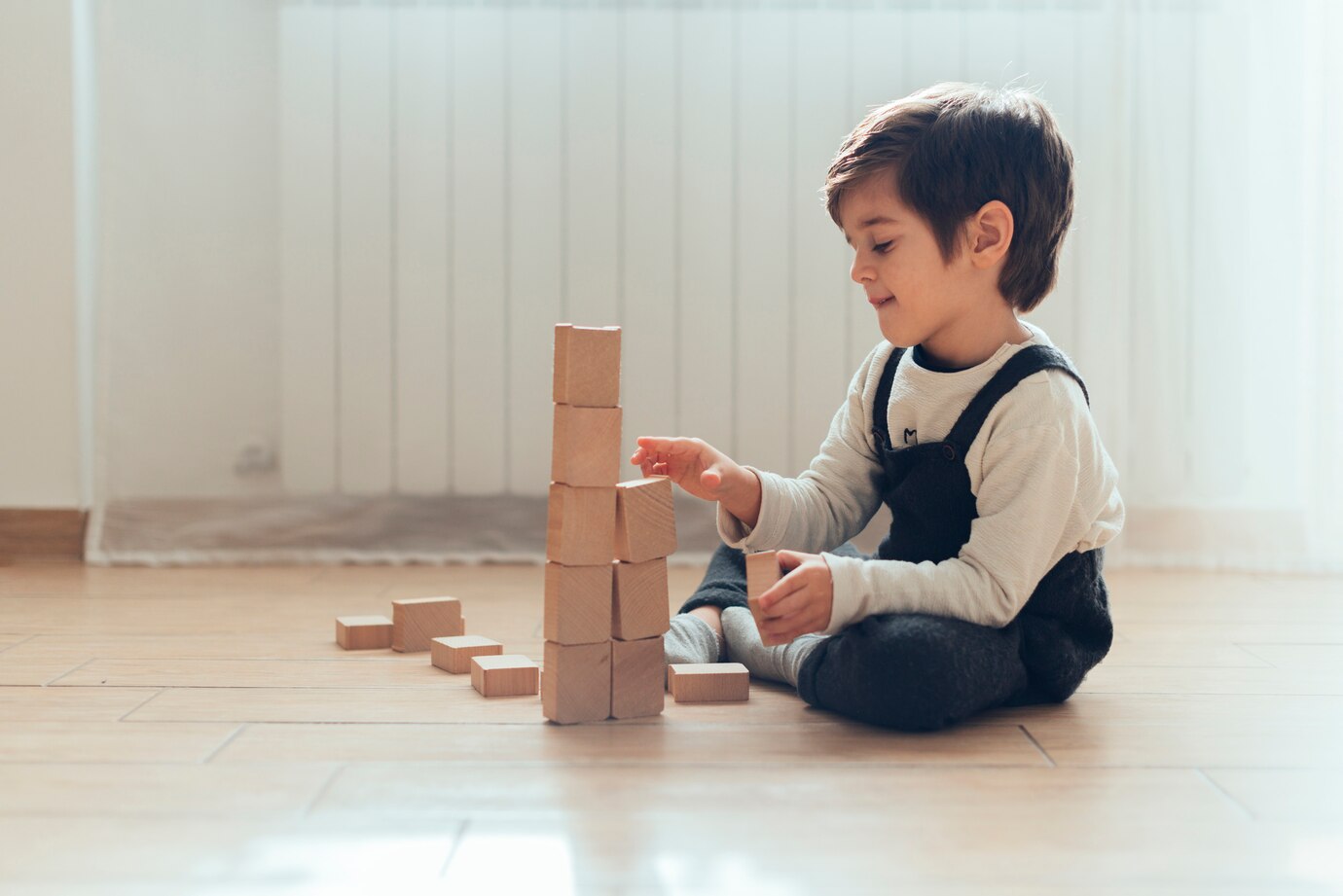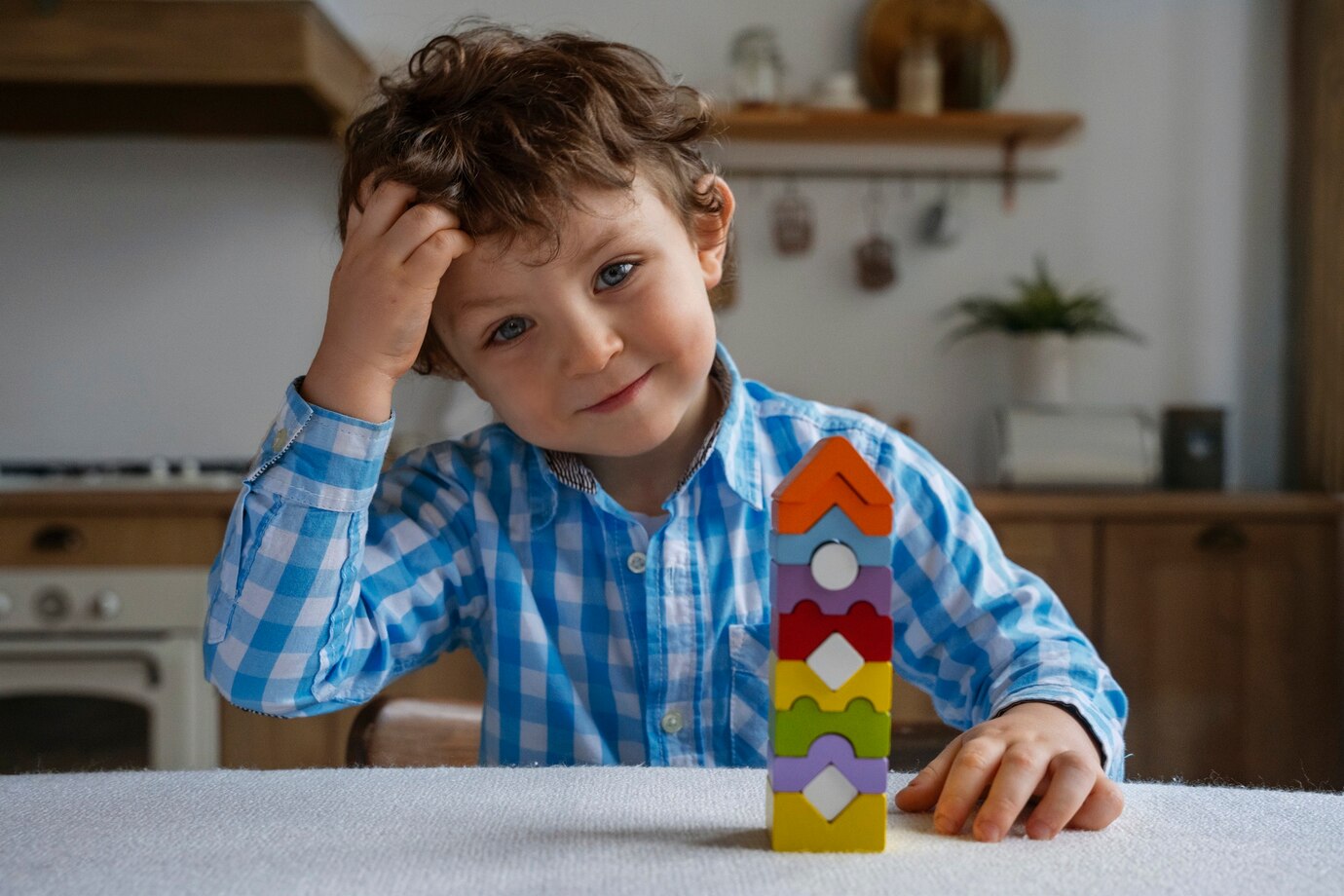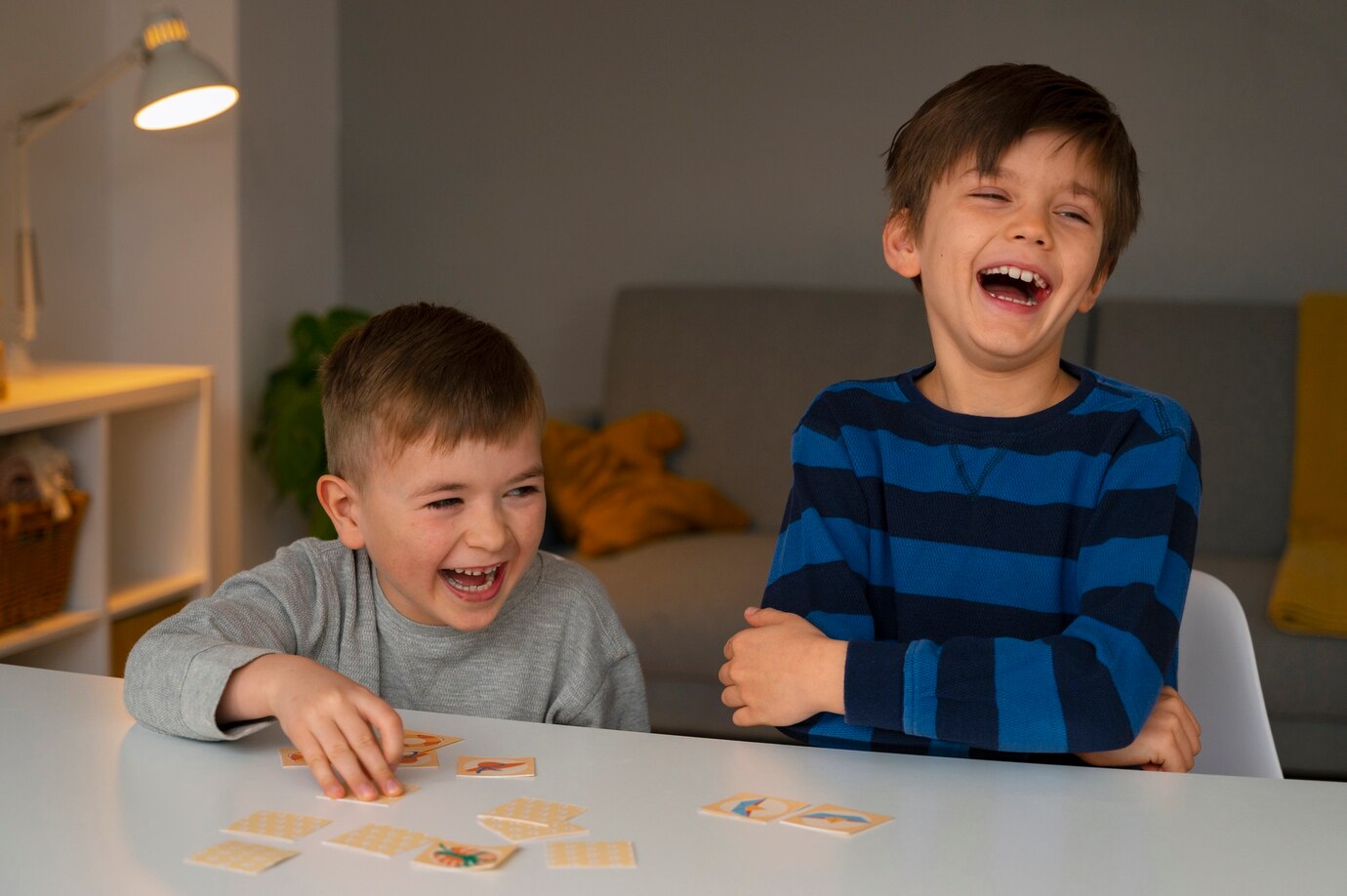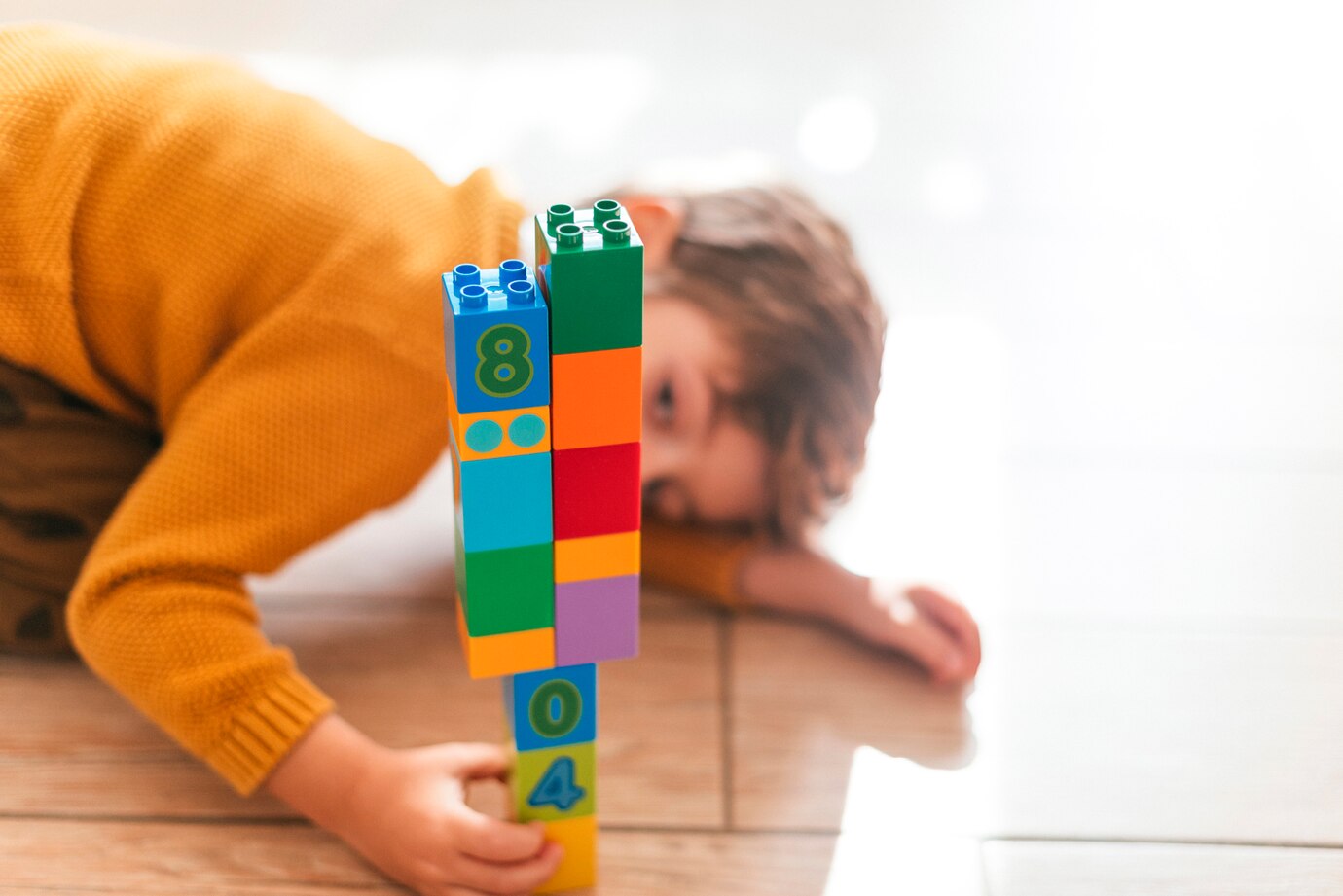
Why Play is Essential for a Child’s Emotional Development
In today’s busy world, play often gets lost among all the structured activities and schoolwork kids face. However, the importance of play for kids cannot be overstated, especially when it comes to their emotional development. Play is not merely a way to pass the time. Childhood is key. It greatly shapes a child’s emotional intelligence and well-being.
Play helps kids explore feelings, build social skills, and handle tricky interactions. It does this in a safe and supportive space. In this exploration, we will look at how play builds emotional intelligence. We will also discuss the best activities for child development. Lastly, we will highlight how play helps raise emotionally resilient children.
Key Benefits / Why It Matters

Importance of Play for Kids
Play is a key part of childhood. It helps kids learn about themselves and the world. Through play, children develop essential life skills such as problem-solving, creativity, and social interaction. Play is also key to emotional growth. It helps kids express their feelings, understand how others feel, and build self-confidence.
Studies show that play helps with emotional regulation, empathy, and resilience. A study in the Journal of Child Psychology and Psychiatry found that kids who play often have better emotional intelligence. This skill helps them build strong relationships and handle social situations well.
Real-Life Applications and Data-Backed Insights
Incorporating play into a child’s daily routine can have profound long-term benefits. Children who play imaginatively often handle stress and anxiety better. A University of Cambridge study found that kids who engaged in role-playing activities showed better emotional understanding and empathy for others.
Furthermore, play is not limited to traditional toys and games. Storytelling, arts and crafts, and outdoor exploration all help a child’s emotional growth. These activities let kids try out different emotions and situations in a safe space. This helps them understand their feelings and those of others better.
Step-by-Step Guide / Actionable Insights
How Play Builds Emotional Intelligence
- Encouraging Self-Expression: Play lets kids share their thoughts and feelings freely. They can do this without worrying about being judged. Self-expression is key for building emotional intelligence. It helps children recognise and share their feelings.
- Fostering Empathy: Play helps kids interact with their peers. This gives them chances to understand and react to other people’s feelings. Cooperative games, like building a castle or playing team sports, teach kids empathy and consideration.
- Building Resilience: Play often involves challenges and setbacks, such as losing a game or a block tower collapsing. These experiences help children handle disappointment and build resilience. Resilience is key to emotional intelligence.
Best Activities for Child Development
Imaginative Play
Imaginative play, like dress-up or role-playing, lets kids try out various roles and situations. This play boosts creativity. It also helps kids grasp complex feelings and social interactions. Pretend play helps children see things from different viewpoints. This boosts their ability to connect with others.
Arts and Crafts
Arts and crafts help children express their creativity. They also build fine motor skills. Crafting can be a therapeutic outlet for emotions, allowing children to explore their feelings through art. Drawing, painting, and clay modelling offer kids a way to express feelings. Sometimes, words just aren’t enough. These activities create a hands-on experience that helps them share emotions.
Outdoor Exploration
Nature walks, scavenger hunts, and outdoor games give kids a feeling of adventure and discovery. These experiences encourage kids to be active. They also help children connect with their surroundings and friends. Outdoor play is also linked to reduced stress levels and increased happiness in children.
Additional Expert Tips & Common Mistakes to Avoid

Best Practices Beyond the Basics
- Make a Fun Play Area: Give kids different play materials and spaces. This helps them explore and be creative. This can include everything from building blocks to musical instruments.
- Encourage Unstructured Play: Structured activities are useful, but unstructured play is just as vital. Give kids the chance to play freely. This helps them be creative and independent.
- Play Together: Parents and caregivers should engage in play with their children whenever possible. This strengthens bonds and gives children role models. They learn positive social skills and how to express their emotions.
Common Mistakes and Misconceptions
- Over-Scheduling: One common mistake is over-scheduling children’s activities. That leaves little time for free play. Balance structured activities with ample time for unstructured play to support emotional development.
- Underestimating the Value of Play: Some parents and educators may view play as merely recreational. Play is key for emotional and cognitive growth. It’s vital for raising well-rounded kids.
- Limiting Play to Screens: Digital games can offer some benefits. Excessive screen time can limit face-to-face interactions and physical activity. Encourage a balance between digital and real-world play experiences.
Advanced Insights / Expert Recommendations
Unique Industry Perspectives
Child psychology experts stress that play is key to building emotional intelligence. They advise parents and educators to make playtime a priority in daily routines. Dr. Amanda Gummer, a well-known child psychologist, says play is key. It isn’t just fun; it’s vital for a child’s emotional growth.
Lesser-Known Insights
Research indicates that play can also enhance a child’s ability to focus and learn. A study in the Pediatrics journal shows that kids who play regularly have better attention spans and cognitive skills. This often leads to improved school performance.
Additionally, play has been linked to better stress management. Playing pretend or moving around helps kids let out energy and manage their feelings in a healthy way.
Why Play is More Than Just Fun—It’s Essential

In conclusion, play is not merely a pastime for children; it is a vital component of their emotional development. Recognising how important play is for kids helps us nurture emotionally intelligent and resilient individuals. We can incorporate play into their daily lives.
As parents, educators, and caregivers, we must give children the right chances and spaces to grow emotionally. Let us embrace the power of play and ensure that every child has the chance to explore, imagine, and grow.
What steps will you take to incorporate more play into a child’s life today?